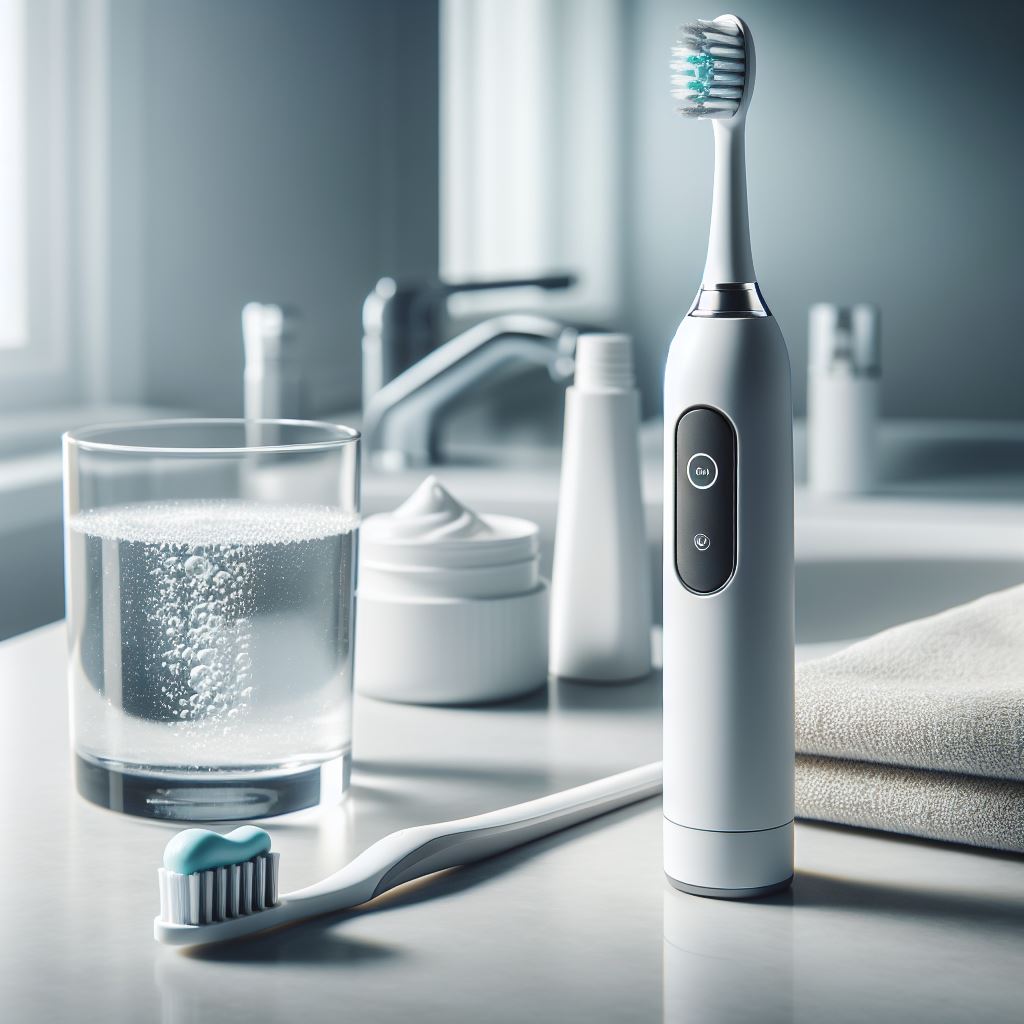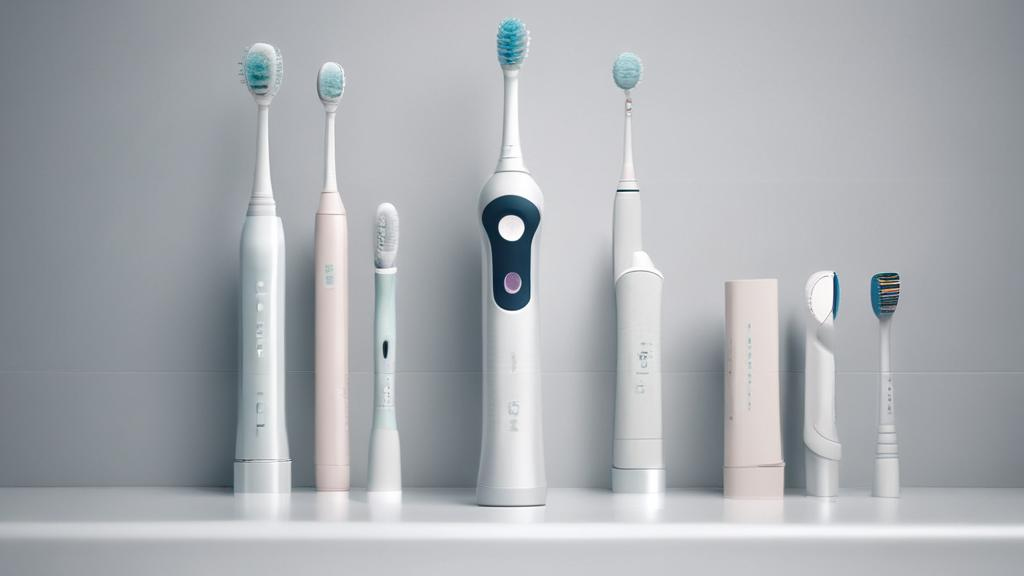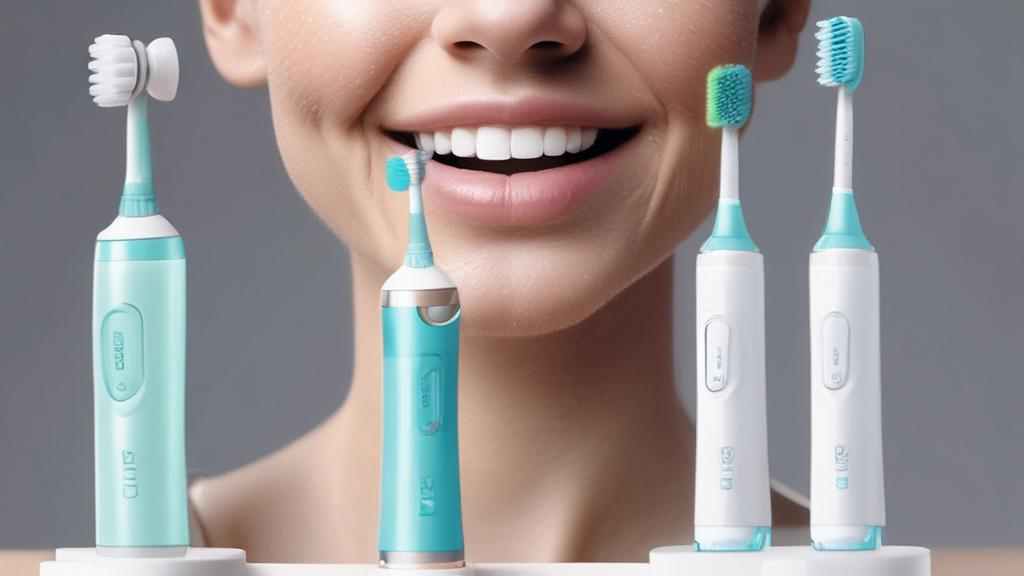The Role of MLCC in Electric Toothbrush

Multilayer Ceramic Capacitors (MLCCs) are fundamental components in modern electronic devices, playing a crucial role in ensuring their reliability and performance. Electric toothbrushes, with their increasing sophistication and functionality, are no exception to this trend. Understanding the importance of MLCCs in electric toothbrushes can provide insights into how these devices operate and how they can be improved.
MLCCs are compact, high-capacitance capacitors composed of multiple layers of ceramic material. They are widely used in electric toothbrushes for various functions, such as power regulation, noise filtering, and voltage stabilization. Despite their small size, MLCCs are essential for ensuring the smooth operation and longevity of electric toothbrushes.
In this blog, we will explore the role of MLCC in electric toothbrushes, their specific applications, and how they contribute to the overall performance of these devices. We will also discuss the importance of selecting the right MLCCs for electric toothbrush applications and highlight current trends and future developments in MLCC technology that could impact their use in electric toothbrushes.

MLCC Applications in Electric Toothbrushes
Multilayer Ceramic Capacitors (MLCCs) are integral components in the circuitry of electric toothbrushes, contributing to their functionality and reliability. These capacitors serve several crucial roles in the operation of electric toothbrushes, including power management, motor control, and signal filtering.
Power Management: MLCCs are used in the power management circuitry of electric toothbrushes to regulate the voltage supplied to various components. They help stabilize the voltage, ensuring consistent performance and protecting sensitive electronic parts from voltage fluctuations.
Motor Control: Electric toothbrushes rely on a small motor to generate the brushing action. MLCCs are used in the motor control circuitry to manage the electrical signals that drive the motor. They help ensure smooth and precise motor operation, contributing to the effectiveness of the toothbrush.
Signal Filtering: MLCCs are also used for signal filtering in electric toothbrushes. They help reduce electromagnetic interference (EMI) and noise in the circuitry, ensuring that the electronic components receive clean and stable signals.
Advantages of MLCCs in Electric Toothbrushes
Multilayer Ceramic Capacitors (MLCCs) offer several key advantages that make them ideal for use in electric toothbrushes. These advantages contribute to the overall performance, reliability, and longevity of electric toothbrushes. Some of the main advantages of MLCCs include:
Small Size: MLCCs are compact, allowing them to be easily integrated into the compact design of electric toothbrushes. Their small size is essential for maintaining the sleek and ergonomic form factor of the toothbrush while still providing essential functionality.
High Capacitance: Despite their small size, MLCCs offer high capacitance values, making them ideal for applications requiring high levels of charge storage. In electric toothbrushes, high capacitance MLCCs can help stabilize voltage and ensure consistent performance.
Low Equivalent Series Resistance (ESR): MLCCs have a low ESR, which means they can efficiently store and discharge energy. This characteristic is beneficial in electric toothbrushes, where efficient energy management is essential for maximizing battery life and motor performance.
Temperature Stability: MLCCs exhibit excellent temperature stability, ensuring consistent performance across a wide range of operating temperatures. This stability is crucial in electric toothbrushes, which may be used in various environmental conditions.
Reliability: MLCCs are highly reliable components, with long operational lifetimes and low failure rates. This reliability is essential for electric toothbrushes, which are expected to provide consistent performance over extended periods.

MLCC Selection for Electric Toothbrushes
Selecting the right Multilayer Ceramic Capacitors (MLCCs) is crucial for ensuring optimal performance and reliability in electric toothbrushes. Several factors should be considered when choosing MLCCs for electric toothbrush applications:
Voltage Rating: Select MLCCs with a voltage rating that exceeds the maximum voltage expected in the electric toothbrush circuitry. This ensures that the capacitors can withstand the voltage without breakdown.
Capacitance: Choose MLCCs with capacitance values that meet the specific requirements of the electric toothbrush circuitry. The capacitance value determines the amount of charge the capacitor can store, which is important for power management and voltage regulation.
Temperature Stability: MLCCs used in electric toothbrushes should exhibit stable capacitance values across a wide range of temperatures. This ensures consistent performance under different environmental conditions.
Size and Package: Consider the size and package of the MLCCs to ensure they can be easily integrated into the design of the electric toothbrush. Smaller MLCCs are preferred for compact designs.
ESR (Equivalent Series Resistance): Choose MLCCs with low ESR values to minimize energy loss and ensure efficient power delivery in the electric toothbrush circuitry.
Reliability: Select MLCCs from reputable manufacturers known for producing high-quality, reliable components. This helps ensure the long-term performance and durability of the electric toothbrush.
By carefully considering these factors, you can select MLCCs that meet the specific requirements of electric toothbrush applications, ensuring optimal performance and reliability.
